Huawei leap shows curbs are not only failing but also boosting Chinese firms
Intensified attempts by the United States to contain China's rise in the technology industry through export controls will disrupt global supply chains, hurt the interests of U.S. companies and accelerate Chinese companies' efforts for technological breakthroughs, experts said on Friday.
They were reacting to a Bloomberg report that quoted U.S. Commerce Secretary Gina Raimondo as saying that a chip breakthrough by Huawei Technologies Co is "incredibly disturbing".
During a U.S. Senate committee hearing on Wednesday, Raimondo reportedly emphasized that the U.S. Commerce Department needs more ways to enforce its export controls.
Xiang Ligang, director-general of the Information Consumption Alliance, a telecommunications industry association in China, said Huawei's progress is the latest evidence that the U.S. curbs targeting China's technology development will fail in the long term and could even backfire.
The Huawei breakthrough, which comes amid Washington's increasingly tighter chip export controls against China, has given the domestic chip industry a shot in the arm, Xiang said.
"It will motivate Chinese companies to double down on indigenous innovation and pool more resources into research and development."
During the eight-day Mid-Autumn Festival and National Day holiday that ended on Friday, Huawei's Mate 60 series smartphones sold well both online and offline, with consumers lining up at the company's stores, according to market sources.
Zhang Quanyi, a retailer who owns more than 10 smartphone stores in Suqian, Jiangsu province, said: "Huawei's Mate 60 series smartphones have become the most sought-after product at my stores. Almost every consumer who comes to my stores asks first about the series. The phones are so popular we had to display out-of-stock boards at my stores."
Bai Ming, deputy director of international market research at the Chinese Academy of International Trade and Economic Cooperation, said despite Washington's shift in rhetoric from "decoupling" to "de-risking" in key supply chains, the U.S. government is afraid of China's technological prowess, and wants to contain the rise of Chinese tech companies.
The U.S. has already adopted a string of measures to contain Chinese tech companies. Apart from levying additional tariffs on a large number of Chinese products, it has included many Chinese market entities on its export control list, and imposed sanctions on Chinese enterprises such as Huawei.
Such moves, however, run counter to U.S. companies' own interests, Bai said.
Wei Shaojun, president of the integrated circuit design branch of the China Semiconductor Industry Association, said the U.S.' strict chip restrictions are severely disrupting the development cycle of the global semiconductor industry and systematically fragmenting the global semiconductor industrial chains.
Data from the International Monetary Fund showed that technological decoupling could impose significant costs on Asian economies — about a 5 percent loss in GDP.
"That's quite a big number ... In general, technological decoupling is very expensive for not just Asia but also for the rest of the world," Krishna Srinivasan, director of the IMF's Asia and Pacific department, said earlier.
Li Xianjun, an associate researcher at the Institute of Industrial Economics, which is part of the Chinese Academy of Social Sciences, said that China should take the initiative to promote the re-globalization process in the semiconductor industry, given the country's role as the world's largest chip market and its growing presence in semiconductor manufacturing.
To offset the effects of U.S. containment measures in the chip sector, China needs to rely on long-term input in R&D to achieve self-reliance in key chip technologies, Li said.










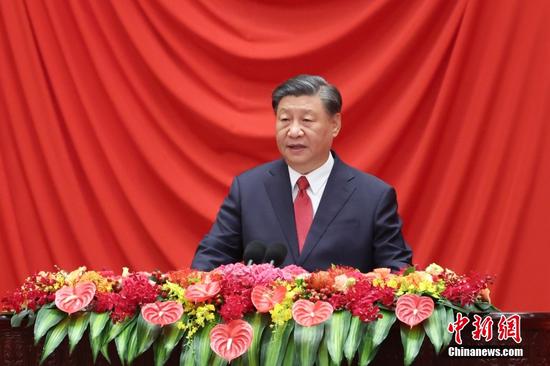

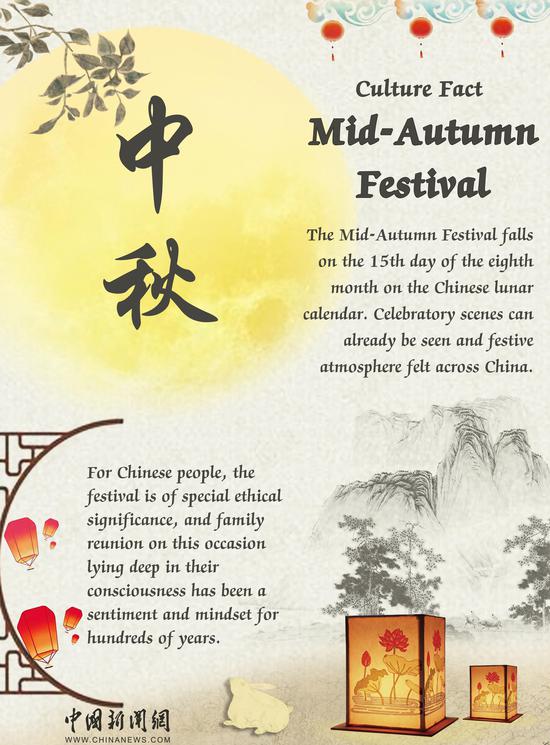








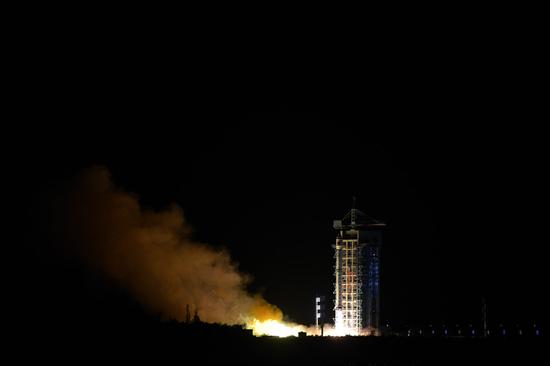









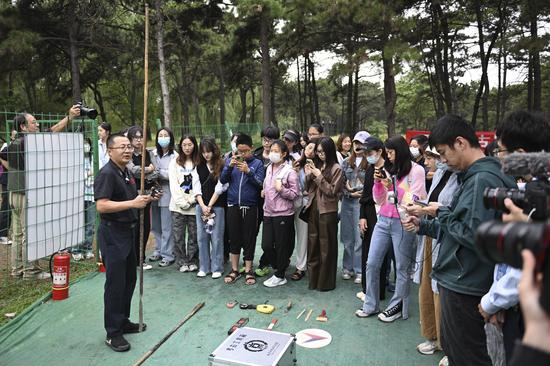




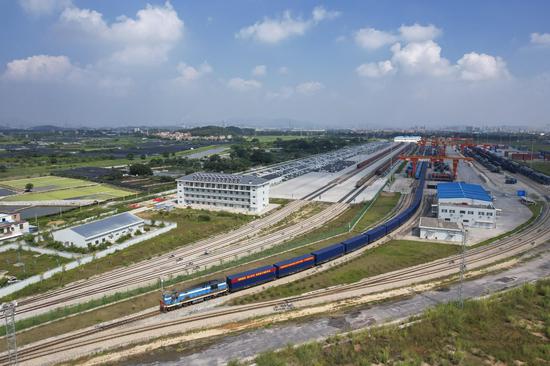
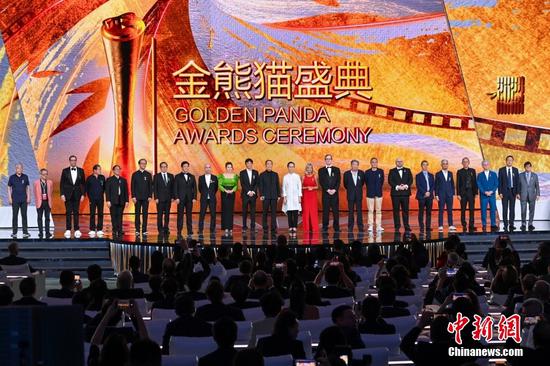












 京公網安備 11010202009201號
京公網安備 11010202009201號